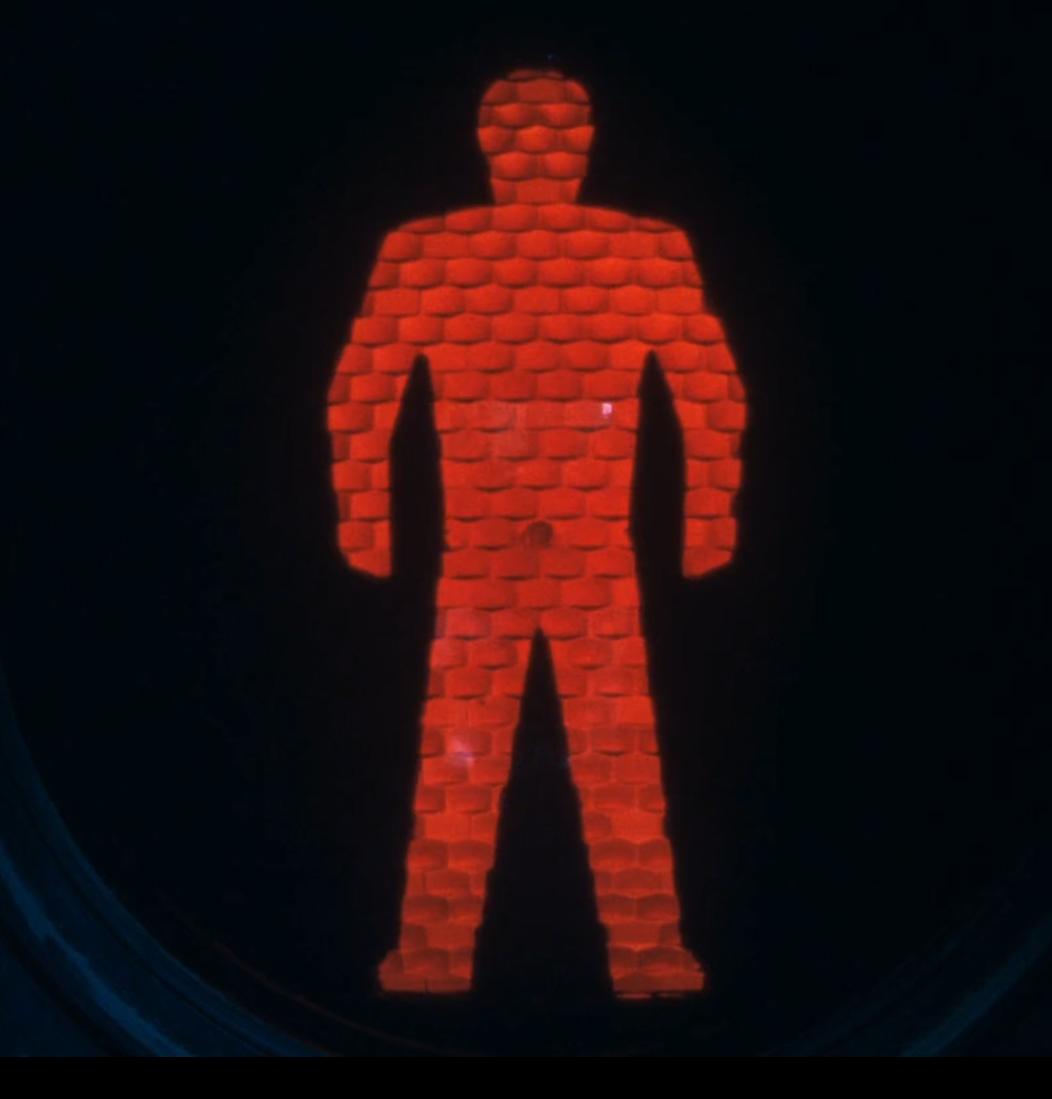Comedian and author Sarah Silverman, as well as authors Christopher Golden and Richard Kadrey — are suing OpenAI and Meta each in a US District Court over dual claims of copyright infringement.
Interested to see how this plays out! Their argument that the only way a LLM could summarize their book is by ingesting the full copyrighted work seems a bit suspect, as it could’ve ingested plenty of reviews and summaries written by humans and combined that information.
I’m not confident that they’ll be able to prove OpenAI or Meta infringed copyright, just as i’m not confident they’ll be able to prove that they didn’t violate copyright. I don’t know if anyone really knows what these things are trained on.
We got to where we are now with fair use in search and online commentary because of a ton of lawsuits setting precedent, not surprising we’ll have to do the same with machine learning.
ThePile, which was assembled by a company called EleutherAI. ThePile, the complaint points out, was described in an EleutherAI paper as being put together from “a copy of the contents of the Bibliotik private tracker.” Bibliotik and the other “shadow libraries” listed, says the lawsuit, are “flagrantly illegal.”
I think this is where the crux of the case lies since the article mentions these are only available illegally through torrents.
This is starting to touch on the root of why they keep calling this “AI”, “training”, etc. They aren’t doing this for strictly marketing, they are attempting to skew public opinion. These companies know intimately how to do that.
They’re going to argue that if torrents are legal for educational purposes (ie the loophole that all trackers use), and they’re just “training” an “AI” then they’re just engaging in education. And an ignorant public might buy it.
These kinds of cases will be viewed as landmark cases in the future and honestly I don’t have huge hopes. The history of these companies is engineer first, excuse the lack of ethics later. Or the philosophy of “it’s easier to apologize than ask”.
It’s the defacto term for how we fit a statistical model to data, unrelated to any copyright concepts. I’m pretty sure we called it “training” back in 1997 when I was doing neural networks at uni, and it’s probably been used well before then too.
Neural nets are based on the concept of Hebbian learning (from the 1930s), because they are trying to mimic how a biological neural network learns.
This concept of training/learning has persisted because it’s a good analogy of what we are trying to do with these statistical models, even if they aren’t strictly neural networks.
TBH I’m not really familiar with how the AI has developed over the years. Wikipedia says that ChatGPT is proprietary, which leads me to believe it’s hasn’t been developed with research grants or government involvement. Is this the case? Can a company legally develop an AI by obtaining its learning material through illegal means? Which it sounds as if Open AI and Meta did through the use of Bibliotik.
I can’t see how this doesn’t have some legal ramification, but IANAL.
OpenAI is called that for a reason. They absolutely were a non-profit research org initially, so would have been eligible for research grants, etc. They would probably have gotten a pass on using the torrents too, for the same reason.
They went to a private for-profit model later after they built their AI’s and wanted to start selling them as a service. How the hell all of that plays out as the company they are now is anyone’s guess.
Even if they did train the model on the entire text of the book, that’s still not necessarily copyright violation. I would think not, since the resulting model doesn’t actually have a copy of the book embedded within it.
But the server used to calculate the model would have a copy of it. If training an AI model is not fair use then the mere act of loading a book you don’t have a license for into the server would be copyright infringement. Like text book. It’s a unauthorized digital copy. It’s all very untested legal grounds and seems like lots of people want to be the first to test it. Not everyone has a great case but if the courts interpret things a certain way there’s gonna be lots of payouts so maybe best to get in line early?
Perhaps, but that’s a separate legal issue from the model itself. You might have committed a breach of copyright in the process of gathering the material that the AI was trained on but the model itself is not a copy of that material and so is not itself illegal to train or use. And perhaps not even that, since downloading a pirated book is not the illegal part (uploading it is).
As you say, there’s some untested legal waters here. But it seems likely to me that the best that Silverman will accomplish is some nibbling and quibbling around the edges.
If you can give some vague prompts to the model to obtain something that is close enough to a significant chunk of the work that, had it been written by a human, was susceptible of being considered plagiarism… then I’d say the same laws protecting from plagiarism should operate there.
It doesn’t matter whether it’s really stored there in some form or not (in fact, it’s probably ok for to store copyrighted material in a private server as long as it’s lawfully obtained), but whether the output that is being distributed to third parties is violating the license of the work or not.
Do we know that it isn’t?
How do we “know” anything where the answers are just being made up as part of humanity’s collective cultural game of Calvinball?
Courts in various jurisdictions will make various rulings. Judges will interpret them in various ways. Legislators will chime in with new legislation and new treaties. Internet arguments will churn away with a whole range of assumptions about what is true or false that may or may not have anything to do with reality.
I present my opinion here. I feel it is well informed and I can back it up in various ways when challenged. But nobody “knows” anything because these aren’t laws of physics or math that we’re talking about here.
Or did you mean whether we know if a copy of the book is embedded in the model? That can be more objectively tested, at least.
It’s very rare for me to want Facebook to win a lawsuit. It’s just as rare for me to want to see Sarah Silverman not succeed. But in this case, I think the Internet needs to see Facebook win.
You think that the internet needs more AI?
All you will get from this will me more bots, advertising in every place for whichever brand paid the most. It’s all about ads. Just like TV shows, the ads will be integrated to the content and be indistinguishable from the original content.
A place like this one will be treasured as a great thing from the past. It is really what you want?
Honestly? A little bit, yeah. More automated tools with greater function will help as long as we can moderate their use.
My real concern is more related to the fact that this will probably lead to a massive crackdown on sources and shadow libraries that have been used as training data for AIs. If this goes through, I see a lot of ML/AI/bots being forced into an audit, and whenever “potentially infringing” content is found, they won’t just remove it, there will be an aggressive push against the shadow library hosting it.
You want more ads and more bots?
This is reddit, this is where you are coming from.
You seem to have missed the vast majority of my point, so I’ll ask this directly - do you, or do you not, support the continued existence of shadow libraries?









